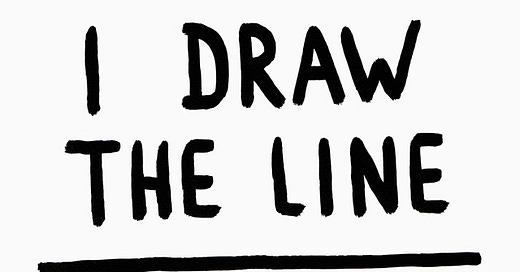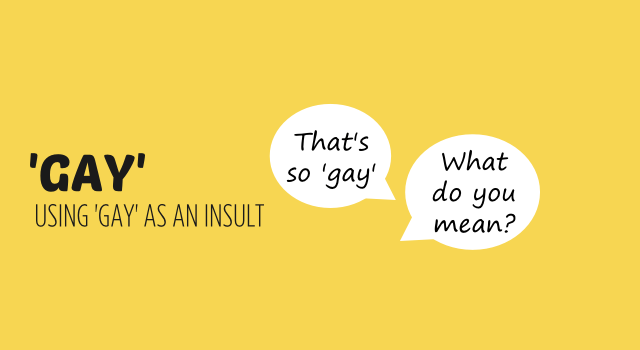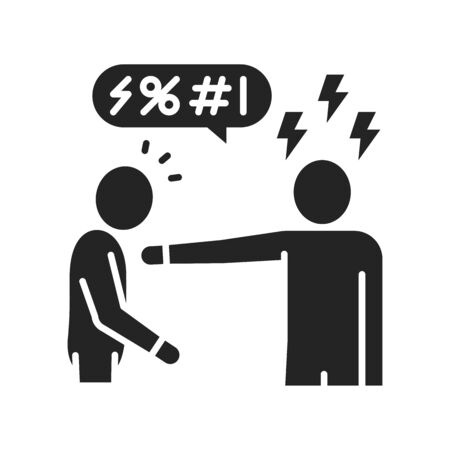Three of us were on the interview panel for the open recruitment of a position in HR for part of the company. I was the odd man out, me bring from ops, the other two being from human resources. I’ve taken the anti-bias training for this sort of thing several times now. I’ve sat on other panels for other recruitments, and I suppose I’d largely tuned that training out. Yes, it’s important. Yes, I acknowledge that I have my own biases. Yes, I’m prepared to look for those biases during an interview.
But really, how good are any of us at spotting those things for ourselves?
Simon and Julie and I had already gone through four interviews that day. We were tired and feeling a bit rushed for time, and lunch had gotten crammed into twenty minutes instead of forty. No worries. We all know how to work under pressure.
For once, I was doing a great job of minimizing distractions. These were video interview sessions, which meant me sitting in front of two monitors plus a laptop screen. So many choices of things to look at or read or work on or – Or, I could just focus on the person trying to get the job. Focus. Focus.
Paulette’s interview started off great. She had a lot to say, but it was full of good content. So many candidates failed to answer the questions fully, and Paulette wasn’t falling into that trap. And – let’s be brutally honest here – everybody tanked on the DEIB (diversity, equity, inclusion, and belonging) question.1 That’s a failure of management. Employees need to see DEIB principles in action. They need to see leaders engaging in thoughtful application of inclusion and belonging so that they understand WHY it’s important and HOW we should use our tools and resources to make workplaces better.
But the last question. Let’s review. It was open-ended, brief, and should have had an obvious goal.
“Tell us about a time you had a conflict.”
I think a lot of people could guess what we wanted to hear. Most teams are looking for someone who has the ability to admit that conflicts happen. People disagree. Sometimes they argue. How do you handle those moments? Do you blow up? Do you storm off? Do you always enlist management to solve things for you? Are you the type to retaliate? Can you get along with people who don’t want to get along with you? In other words…
Are we going to regret hiring you?
“I used to work in a restaurant,” Paulette started off. “You know how those places are. When things get slow we all get together and chat, laugh about stuff, blow off steam. And this one time when I was with a crowd of people, somebody said something stupid and I responded by saying, ‘That’s so gay!’ And this one guy in the group was super offended, and he stormed off, and-”
Hangon, I should mention at this point in the interview I was sitting in my office, staring mutely at the laptop screen, myself on video for everyone else to see, and chanting in my head, “Don’t react. Don’t react. Don’t react. Deep breaths. You’re biased about this. You want to react, but don’t. Don’t let your heart rate increase. Calming air into your lungs and back out again. No racing pulse. No flushed skin. Just chill.”
“Okay, but I’m fucking riled up,” I said back to me.
And me says, “Sure, but you can’t be.”
“But I am.”
“Then fake NOT being.”
Meanwhile, Paulette’s story continued, “So I chased after him and begged him to stop, and he finally turned around, and I told him, ‘Hey, I’m sorry. That’s just what people say. It’s just a thing people say.’”
“No, it is not something people say,” I mumbled under my breath, my end of the interview muted anyway.
“And he listened to me,” Paulette went on, “and we talked about it, and I apologized. He was really upset, but we were able to work it out.”
Simon asked the follow-up, “So, what did you learn from your experience?”
“Oh,” Paulette smiled, very sure of herself, “I learned not to say some things around certain people.”
The interview wound to a close, Paulette’s video ended, and the three of us began discussing our thoughts. I didn’t bother to go through the first several questions at all. I threw my hat into the ring without hesitation. “Listen, I think she did really well on the first few questions, but I’ve gotta address the last one. As the gay kid in the room, I was completely triggered by what she said, by the story she chose to talk about in an interview for an HR position, no less. It was completely inappropriate, and the fact that she just learned not to say that around a specific person demonstrates a complete lack of understanding.”
Julie and Simon agreed. We engaged in a rousing discussion of just how terrible Paulette’s answer had been, how inappropriate it was, how she could (and should) have chosen literally ANY OTHER STORY to talk about. It was incredibly worrying that this was what she chose. As a queer person, I felt heard and supported, and I was validated in my inner and outer response to the incident.
You’re reading this and thinking, “this is the story,” and I’m telling you straight up, no, it isn’t. But you needed that story to get to the real one.
[But first, a quick aside.]
Thing #1. How do you really check your biases in a situation like that? How do you make that happen? How do you turn off your emotions, your body’s response, your fight-or-flight adrenaline rush, that knowing feeling that the person who says this is probably also the person who is either okay with hurting you or certainly okay with watching someone else hurt you? Because let’s get real, the people in my life who talk in the manner Paulette brought to that interview were ALWAYS the ones who laughed when I got punched for being gay. They were the ones to hold me down while someone else took a shot at me. They laughed when I was in tears. They taunted me when all I wanted was to disappear.
So please, tell me how you don’t respond to that. And then tell me how to keep that bias out of your scoring of an interview.
Thing #2. Where is the line? That mysterious little line in life, in a meeting, in an interview, in a real world setting where you get up and STOP the interview right then and there for the other person saying something intolerable?2 So maybe “that’s so gay” isn’t triggering enough. How about “f*ggot”? What if someone drops the n-word?
Where is that line?
And if we don’t know where it is in a setting like a job interview, then is it any wonder we don’t have more people standing up for themselves or others anywhere else in life?
Now that I’ve set the stage with the initial story (no, Paulette did not get the job), imagine the following day, my nerves still a little on edge, the memory sharp and clear in my mind, my reaction a huge part of it. And, in an attempt to come to grips with the experience, I call up one of my close friends at work. I explain the event in detail, much as I have done here for you. What was I hoping for? A reaction that matched mine, a sense of community and understanding between us, a nod and maybe even an incredulous comment.
Bottom line, I wanted a little support. I wanted an affirmation. I wanted a friend.
Oddly, something else happened that caught me completely off guard. My friend, who I have known for many years now, said to me, “Gay kid? You called yourself that? But aren’t you a straight man now?”
“Well,” I stuttered briefly, thinking of the many decades of identifying as gay, of the well-worn groove in my own memory of a gay identity, of the bullying, the ostracizing, the othering of being the gay kid. And in a flash, I was right back in the thick of those feelings. But this time backwards. Like my identity was wrong all over again.
“Your wife is still a lesbian, though,” the other voice said into the gap in the conversation.
And I was gutted.
I sit here now, unsure of what to write or say to capture the emotions of that moment.
Betrayal.
Grief over the loss of a friend I thought I could trust.
Hurt. Like really deep hurt.
Sure, I get her point, if it’s even worth acknowledging that. From the outside, my wife and I might look like a straight couple. But I can’t just rewrite thirty years of identifying as gay, of thinking of myself in a particular way because the world couldn’t give me a moment without thinking about it.
How do I identify now? “Happily married and monogamous,” is my standard reply. Which means I don’t really know, and I mostly don’t need to. But I have never known someone to force an identity on me without even asking how I felt about it.
No one should do that. It’s not okay.
But that is the smallest part of the hurt.
Knowing that a close friend cannot see how utterly, crushingly invalidating it is to have my wife referred to as a lesbian, only for the purpose of calling out my anatomy as female, is a loss I don’t know how to place.
I felt like I’d been pantsed in public.
It is no one’s place to name my wife’s sexual orientation. That belongs to her alone.
“Your wife is still a lesbian, though.”
This means my friend does not see me as a man. That I am not real. It implies that some element of who or what I am is made up, just in my head, and not the sort of thing that should be normalized. It’s reductive. It’s insulting. As though any validation of who I am ends as soon as my anatomy becomes the focus.
It’s like a sucker punch to a bruised rib.
That’s all I have. There’s no happy ending, no witty saying, no clean way to wrap up the untidy loose ends of this thing. It is yucky and painful, and very present on my mind. And, as in the interview, I have to ask again, where is that line? And which side of it am I on?
Your trans friend,
Robin
These used to be called ESJ (equity and social justice) questions. I haven’t seen too much change in the nature or content of the questions, but how we phrase the title seems different. Not better. Just different.
The interview *should* have stopped right there. It didn’t, but I feel very strongly about this from a moment of retrospect.







